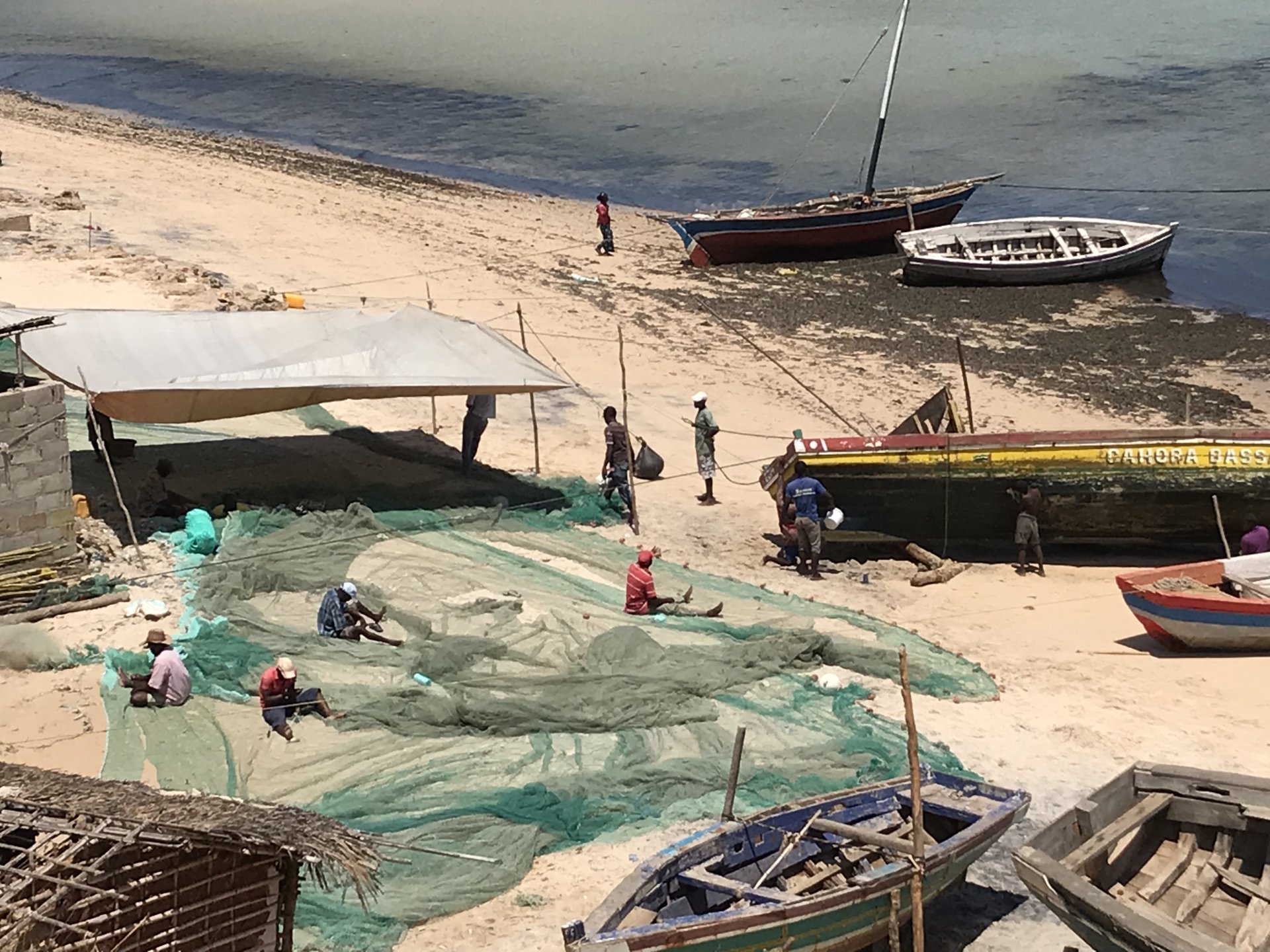Climate Change and Fisheries in Africa [NDF C70]
 More than 12 million people are engaged in the fisheries sector in sub-Saharan Africa. Photo: Aage Jorgensen
More than 12 million people are engaged in the fisheries sector in sub-Saharan Africa. Photo: Aage Jorgensen
The objective of the proposal is to mainstream climate risk management in African coastal countries’ strategies, policies and investments to reduce the vulnerability of coastal communities, while enhancing the potential contribution of fisheries to national economies and to livelihoods, ultimately bolstering sustainable development.
REGION
Africa
PROJECT REFERENCE
NDF C70
DURATION
2018 to 2019
NDF FINANCING
EUR 0.5 million
FINANCING TYPE
Grant
IMPLEMENTING AGENCY
The World Bank
NDF CONTACT
info@ndf.int
Objectives
The objective is to mainstream climate risk management in African coastal countries’ strategies, policies and investments to reduce the vulnerability of coastal communities, while enhancing the potential contribution of fisheries to national economies and to livelihoods, ultimately bolstering sustainable development. Furthermore, the project will provide the evidence necessary to support the submission of a project proposal to the Green Climate Fund (GCF) in conjunction with the Africa Development Bank (AfDB) and the Food and Agriculture Administration (FAO).
The project will focus on analyzing on-going and future climate change-driven risks to fisheries and associated impacts on coastal communities, which are often among the most vulnerable groups of society, dependent on fisheries for subsistence and livelihood. The project will:
-
Identify available knowledge and current gaps. On such basis, the study will assess the socio-economic and bio-physical impacts of climate change on African fisheries, and develop a vulnerability analysis which is crucial for the identification of climate-resilience options;
-
Develop a methodology for analyzing vulnerabilities and resilience options against the impacts of climate change for coastal communities. The project will promote to scale-up support, develop and implement country-led, multi-sectoral plans and investments to enhance African coastal population’s resilience to climate change, and the thriving of the fisheries on which their livelihood depends;
-
Develop a toolkit of priority-based, cost-effective options for enhanced resilience and improved development prospects; and analyze the economics of the proposed options.
-
Contribute to preparation of new fisheries investment proposals based on the above and including climate risk management framework and resilience investments.
Scaling up support to climate action will strengthen the ability of Sub-Saharan coastal countries to attract and execute resources from a wider range of financiers for enhanced resilience against current climate variability, and future change.
Financing
The total cost of the proposed project is USD 1,032,926. NDF will provide EUR 500,000 (US$532,926), while GEF provides US$200,000 as grant through the Project ‘Regional Partnership for African Fisheries Policy Reform (RAFIP)’, US$100,000 have been secured from the Africa Catalytic Growth Fund (ACGF), and US$100,000 from the Regional Integration Unit of the World Bank to foster business development for climate resilience in the blue economy. The report will also receive about USD 100,000 from World Bank based on the results of Volume I and to support the development of Volume II.

